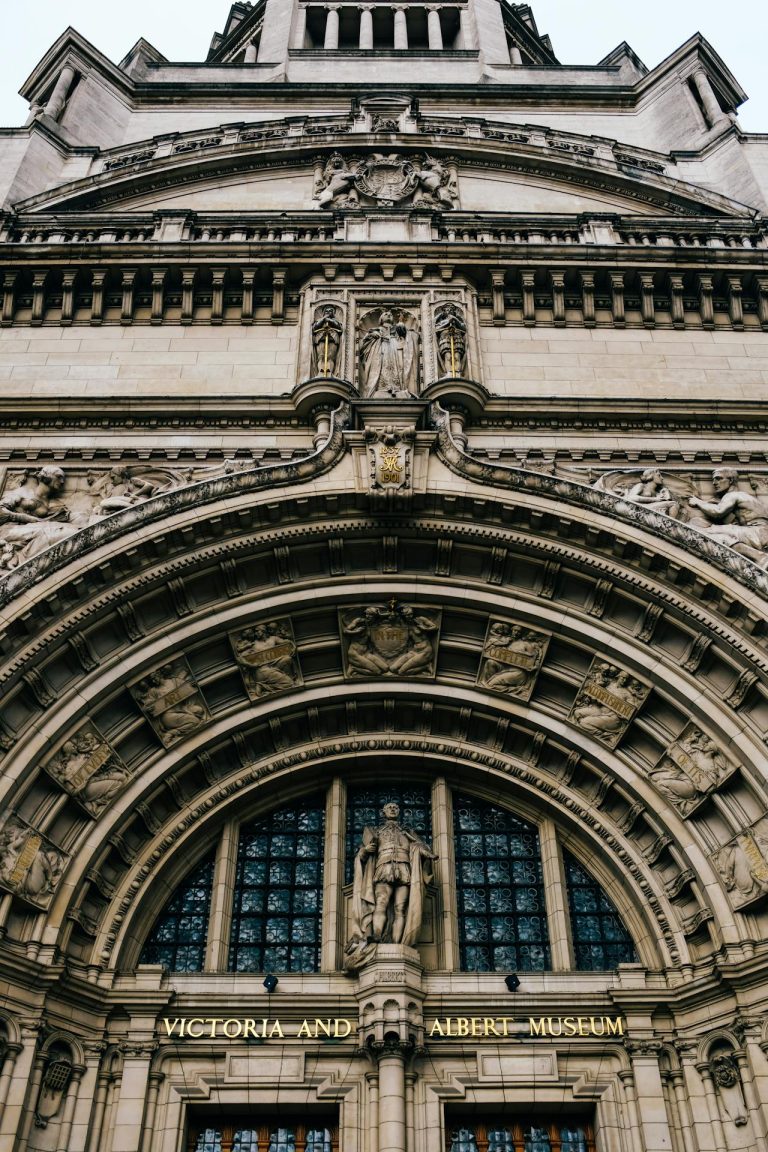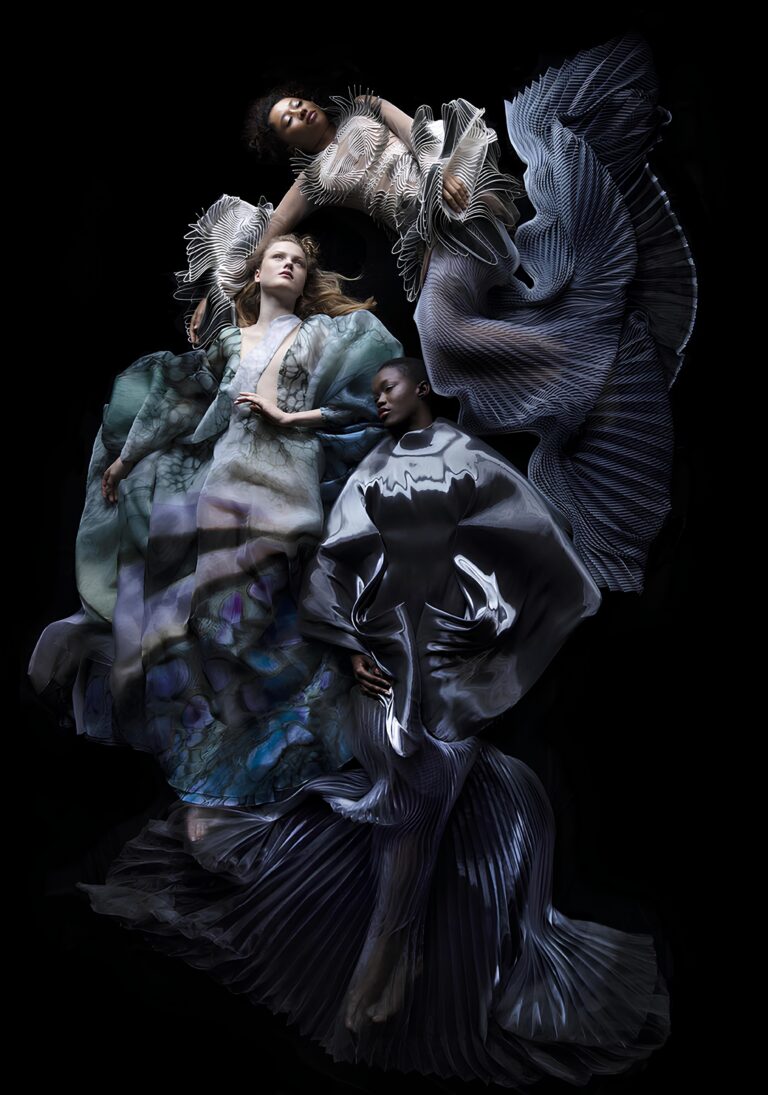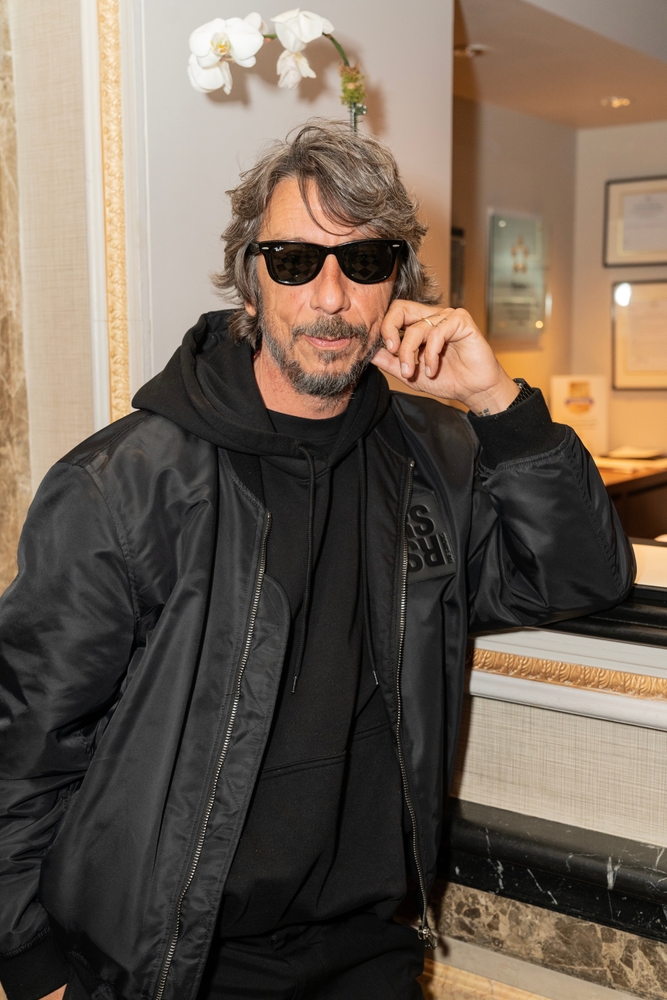This season, New York Fashion Week featured not only new creative directors but also the return of designer Alexander Wang to the official schedule with a 20th-anniversary show. The presence of celebrities in the front row supporting Wang generated significant attention. Days later, Business of Fashion published an article on the revival of Russian designer Gosha Rubchinskiy’s brand. His clothing, featuring Cyrillic text, is now available for purchase, and Rubchinskiy has announced plans to expand the brand, including a women’s couture line.
Why are designers previously excluded from the fashion community due to scandals being allowed to return? What’s driving this so-called “uncancelling”? Is it business interests, exceptional talent, or a systemic issue the fashion industry avoids addressing?
The Darker Side of Fashion
Fashion has a notoriously short memory, and one of its biggest trends is forgetting scandals after a few years. John Galliano’s offensive remarks, which sparked the “cancel culture” in fashion, are a prime example. Domenico Dolce and Stefano Gabbana have also made questionable comments, as did Karl Lagerfeld, whose eccentric outbursts were often overshadowed by his genius.
Direct comparisons are not entirely fair, but the cases of Wang and Rubchinsky were more severe, involving allegations of sexual misconduct. In November 2017, Rubchinsky faced accusations after screenshots surfaced of his communication with an underage Swedish model, requesting intimate photos. Other models later reported harassment during castings. In December 2020, Wang was accused by over ten models of inappropriate behavior, including non-consensual groping, coercion into sexual acts in clubs, drugging, and public disrobing. Both designers retreated from the spotlight, facing significant reputational and financial fallout.
Quiet on Set
What happened next? Lawsuits? Investigations? Nope—crickets. In May 2025, similar allegations were made against former Burberry creative director Riccardo Tisci, but the issue also faded from attention. None of the models involved in these cases have filed lawsuits against the designers. It could be a lack of concrete evidence for a legal battle, or perhaps models were silenced with threats of career sabotage and industry blacklisting.
Conclusion
Despite hashtags like #MeToo, the fashion industry remains far from tackling its systemic issues head-on. A designer’s talent and commercial success often outweigh their personal misdeeds. Loyal fans continue to support these figures, brushing off their past, because in fashion, profit and creativity reign supreme. For those of us outside the industry’s elite inner circle, we can only speculate about what really goes on behind the scenes. But here’s hoping that one day, the fashion world will value a person’s character as much as their talent—and that those who’ve been silenced will finally find their voice.




